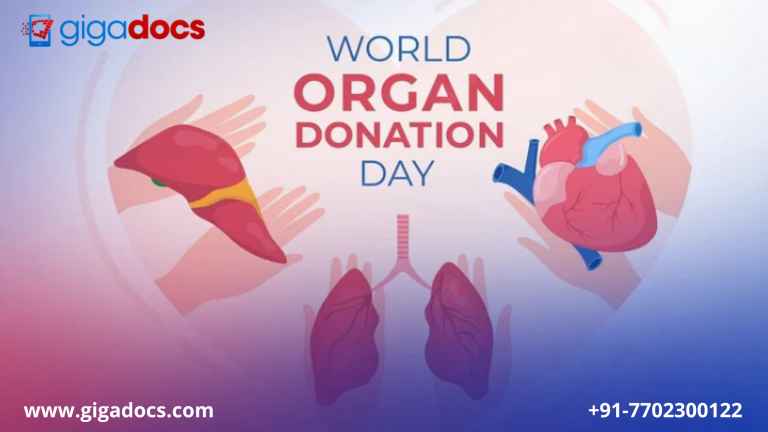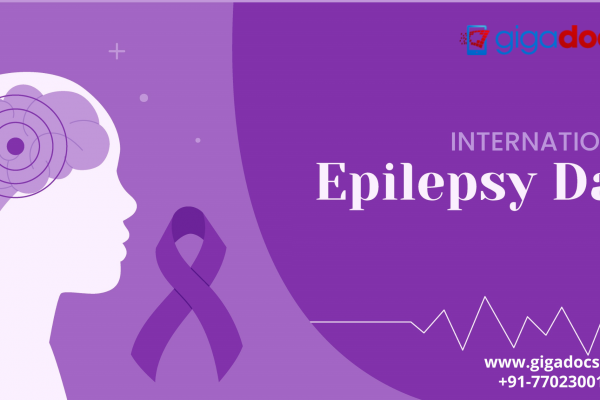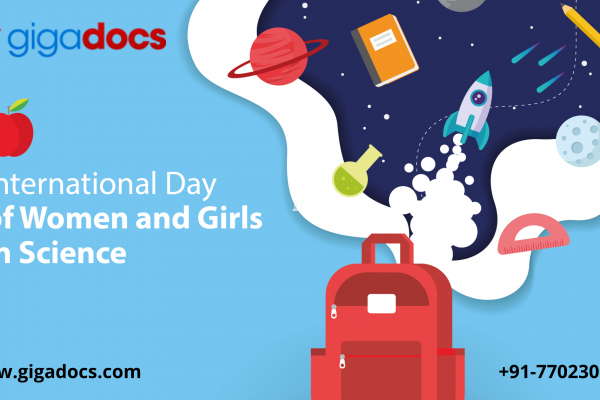At least one lakh of India’s 9.5 million annual deaths are thought to be potential donors, although less than 200 do so. There is a widening difference between patients requiring transplants and organs made accessible by recipients. Consider this research has found that 50,000 people die from heart disease, 200,000 die from liver illness, and about 500,000 die due to a lack of organs annually in India.
Ironically, only 5,000 of the 150,000 individuals waiting for kidney transplants receive one. This explains why organ donation and raising awareness about it can significantly save countless lives.
World Organ Donation Day
World Organ Donation Day is observed globally on August 13 every year. This day serves as an opportunity to raise awareness about organ donation’s importance and encourage individuals to pledge to donate their organs after death. Besides, World Organ Donation Day also honors the donors and their families who have made the selfless decision to give the gift of life through organ donation.
Why Is Organ Donation Day Important?
- Organ transplant plays a vital role in people suffering from genetic conditions like polycystic kidney disease, cystic fibrosis, or a heart defect.
- Infections like hepatitis and diabetes, physical injuries, and accidents can also raise the need for a transplant.
Organ Transplant Process
- The transplant process for organ recipients begins when their doctor examines and diagnoses them with a severe medical condition that requires them to be on the transplant list.
- Organ transplantation involves many details, including blood group and other body values to match the donor and recipient.
- Once a patient is eligible for a transplant, the surgery is conducted when a matched donor becomes available.
- Since surgery needs to occur within a fixed duration (generally four hours), as organs cannot survive for long outside the body, the patient must reply almost immediately to the call.
Organ Donation Steps
If a person wants to become a donor, the steps that they need to follow to become include the following:
- Download the donor form from the official website of Organ India, National Organ and Tissue Transplant (NOTTO), or the Regional Organ and Tissue Transplant Organization (ROTTO). This is free of charge and does not involve any cost.
- After downloading the form, fill out the “Organ/Body Donation” form.
- After this, you will need two witnesses’ signatures on the donor form, one of whom must be a near relative of the person who wants to donate their organs.
- A Donor Card with a registration number will be sent to your official address if your request is accepted.
- Once a person becomes a donor, they should share this decision with their family and friends.
Organ Donation: Myths Debunked
Myth 1: I can only donate my organs to my blood relatives, not strangers.
Fact: According to THOTA (Transplantation of Human Organs and Tissues Act), living donors can only donate organs to immediate family members – parents, siblings, grandparents, children, and spouses – to ensure transparency about no hidden financial gratification about pledging the organ.
Myth 2: We can donate only certain organs like the Liver or Kidney
Fact: Almost 9-10 solid organs and tissues can be donated. These include kidneys, liver, heart, pancreas, lungs, intestines, cornea, middle ear, bone marrow, tissues like skin (even after death), heart valves, tendons of muscles, and limb transplants.
Myth 3: Am I too old/ young to donate an organ?
Fact: More than the age, the quality of the organ that is being donated matters. If the organ is in good condition to be donated, the donor’s age does not matter. However, after the age of 80, the quality of the organ tends to reduce. Individuals below the age of 18 can donate with their parent’s consent.
Myth 4: If you are on medications, you cannot be an Organ donor.
Fact: Anyone can donate organs per the THOTA Act of 1994, except for people with serious medical conditions, including Cancer, Human Immunodeficiency Virus (HIV), Acquired Immune Deficiency Syndrome (AIDS), or any other serious life-threatening infection.
Myth 5: Brain death is reversible, and if organs are donated, the person effectively dies.
Fact: Brain death is irreversible and involves a thorough evaluation by medical experts. Organ retrieval only occurs after brain death has been ascertained and the patient is on life support.
Myth 6: Brain Death and Coma mean the same.
Fact: Brain death and coma are completely different. Coma patients are not brain-dead at all. Patients in a coma are alive and will not be considered for organ donation. Coma is a reversible state, while brain death is an irreversible state.
Myth 7: My religion discourages organ donation:
Fact: Most major religions in India support organ donation and consider donation as the final act of love and generosity toward others.
How can Teleconsultation help with Organ Donation?
- Teleconsultation dispels myths, addresses concerns, and provides accurate information about organ donation procedures, benefits, and the overall process.
- Teleconsultation can be leveraged for remote check-ups, medication management, and addressing any post-operative complications immediately after organ transplantation.
- Teleconsultation offers follow-up care and plays a key role in monitoring the recipient’s health and ensuring the success of the transplant.
- Teleconsultation can aid in matching potential donors with compatible recipients by allowing medical teams to discuss medical histories, cross-match test results, and assess compatibility remotely.
Digital Consultation complements traditional medical practices and adheres to regulatory guidelines to ensure patient safety and ethical considerations. Gigadocs advises that while teleconsultation offers many advantages, certain aspects of organ donation, such as surgical procedures, still require in-person interaction.
Download the Gigadocs app and consult with general practitioners to understand teleconsultation and seek guidance to become a lifesaver for others through organ donation.
- IOS App – apple.co/2W2iG4V
- Android App – bit.ly/33AQoRC
To know more e-mail, at info@gigadocs.com




